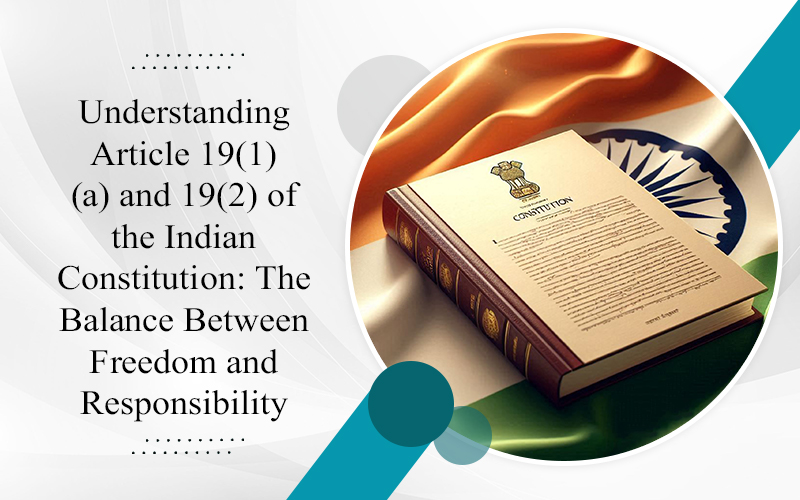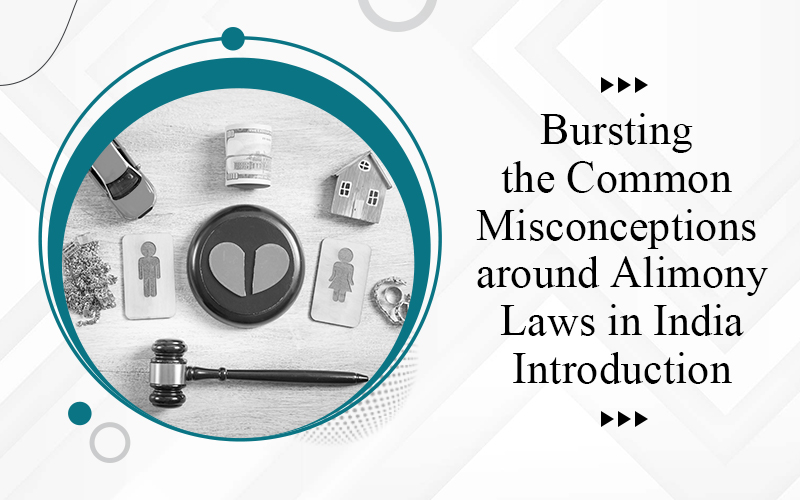The Indian Constitution enshrines fundamental rights that form the bedrock of a democratic society. Among these, Article 19(1)(a) holds a place of immense significance as it guarantees every citizen the freedom of speech and expression. This right is crucial for individual liberty, participatory democracy, and societal progress. However, this freedom is not absolute. To ensure that this liberty does not harm the larger public interest, Article 19(2) authorizes the state to impose reasonable restrictions on the exercise of this right under specific circumstances.
Article 19(1)(a): The Right to Free Speech
Article 19(1)(a) states: “All citizens shall have the right to freedom of speech and expression.” This includes:
- The right to express one’s views and opinions freely through speech, writing, printing, pictures, or any other mode.
- Freedom of the press, although not explicitly mentioned, is derived from this provision.
- Artistic expression, academic discourse, protest, and even silence (as seen in the right to remain silent) fall within its ambit.
In a democracy, this right plays a foundational role in promoting informed citizenry, encouraging public debate, and holding those in power accountable.
Article 19(2): Reasonable Restrictions on Free Speech
While free speech is vital, unrestricted expression can sometimes lead to harm—such as violence, hatred, or threats to national security. Recognizing this, Article 19(2) allows the State to impose reasonable restrictions in the interests of:
- Sovereignty and integrity of India
- Security of the State
- Friendly relations with foreign States
- Public order
- Decency or morality
- Contempt of court
- Defamation
- Incitement to an offence
These restrictions aim to strike a balance between individual liberty and the collective welfare of society. The key word here is “reasonable,” which means that restrictions cannot be arbitrary or excessive. They must be proportionate and justified.
Illustrative Examples: What Is Not Protected?
- Hate Speech:
Speech that promotes enmity between different groups based on religion, caste, language, or region is not protected. In Pravasi Bhalai Sangathan v. Union of India (2014), the Supreme Court underscored the dangers of hate speech and emphasized the State’s duty to curb it. - Defamation:
The right to free speech does not give a license to harm someone’s reputation. Defamation laws—both civil and criminal—exist to protect an individual’s dignity. In Subramanian Swamy v. Union of India (2016), the Supreme Court upheld the constitutional validity of criminal defamation, observing that the right to reputation is also a part of the right to life under Article 21. - Incitement to Violence:
Provoking violence, directly or indirectly, is outside the protection of Article 19(1)(a). In Brandenburg v. Ohio (a U.S. case often cited in Indian jurisprudence), the principle of “imminent lawless action” was established as a test. Indian courts too have applied similar standards in cases involving inflammatory speeches and slogans. - Obscenity and Morality:
Content that violates public decency and morality, such as pornographic material or vulgar public acts, may be censored or penalized. The test for obscenity was laid down in the landmark Ranjit Udeshi v. State of Maharashtra (1965), where the court ruled that “obscenity must be judged from the standpoint of an average man.” - National Security and Public Order:
The government has the right to restrict speech that threatens the security of the nation or disrupts public peace. For example, during times of war or emergency, speech that undermines national interests can be curtailed.
Judicial Interpretation: A Case-by-Case Approach
Indian courts have played a crucial role in defining the contours of free speech and its restrictions. They have consistently reiterated that freedom of expression is the rule, and restrictions are the exception. Moreover, the courts examine whether a restriction is narrowly tailored to serve a legitimate aim and whether it maintains the spirit of democracy.
For instance, in Shreya Singhal v. Union of India (2015), the Supreme Court struck down Section 66A of the IT Act, which allowed arrest for offensive online posts, deeming it vague and overbroad. The ruling reaffirmed the principle that vague laws can have a chilling effect on free speech.
Conclusion: Freedom with Accountability
The constitutional framework of Articles 19(1)(a) and 19(2) exemplifies the Indian legal system’s commitment to freedom with responsibility. While individuals have the right to voice their thoughts and challenge authority, they must do so within the bounds of public order, decency, and legality.
Free speech is essential, but it must coexist with the rights of others and the collective good of society. The challenge lies in maintaining this delicate balance, ensuring that one citizen’s liberty does not become another’s harm. In a diverse and pluralistic democracy like India, this balance is not just legal—it is fundamental to national harmony and growth.




